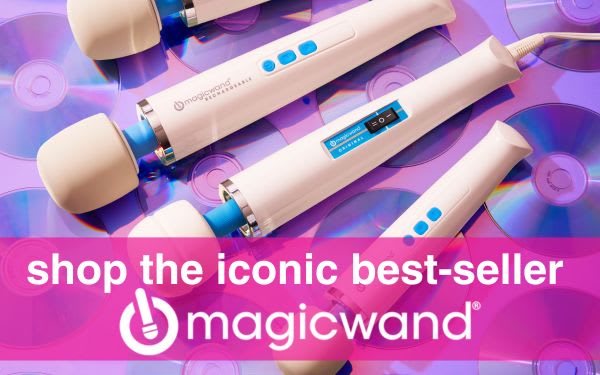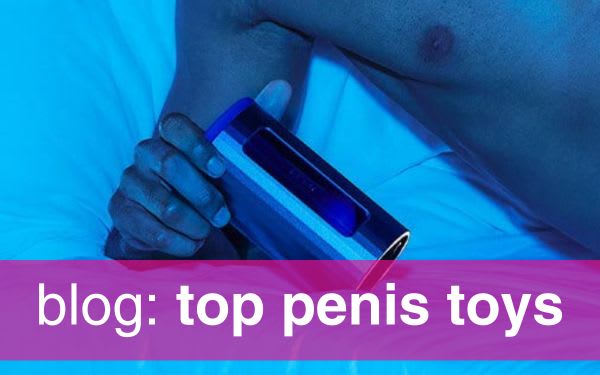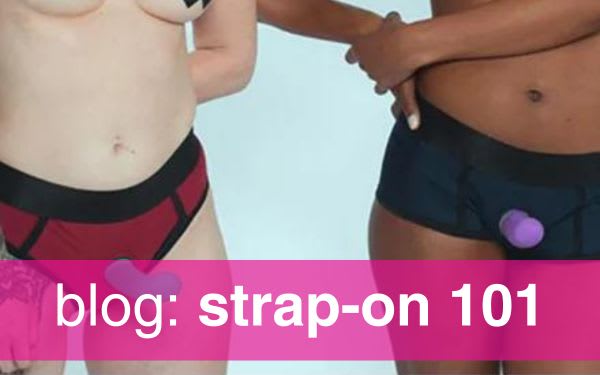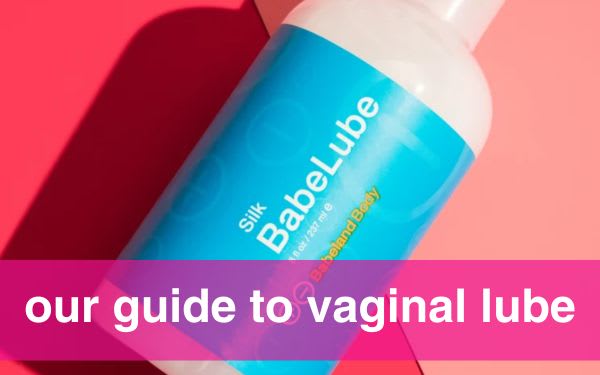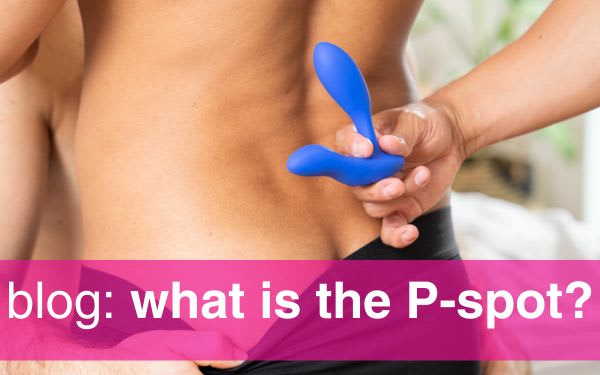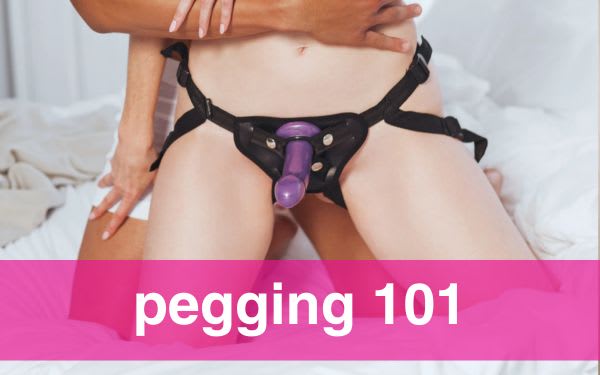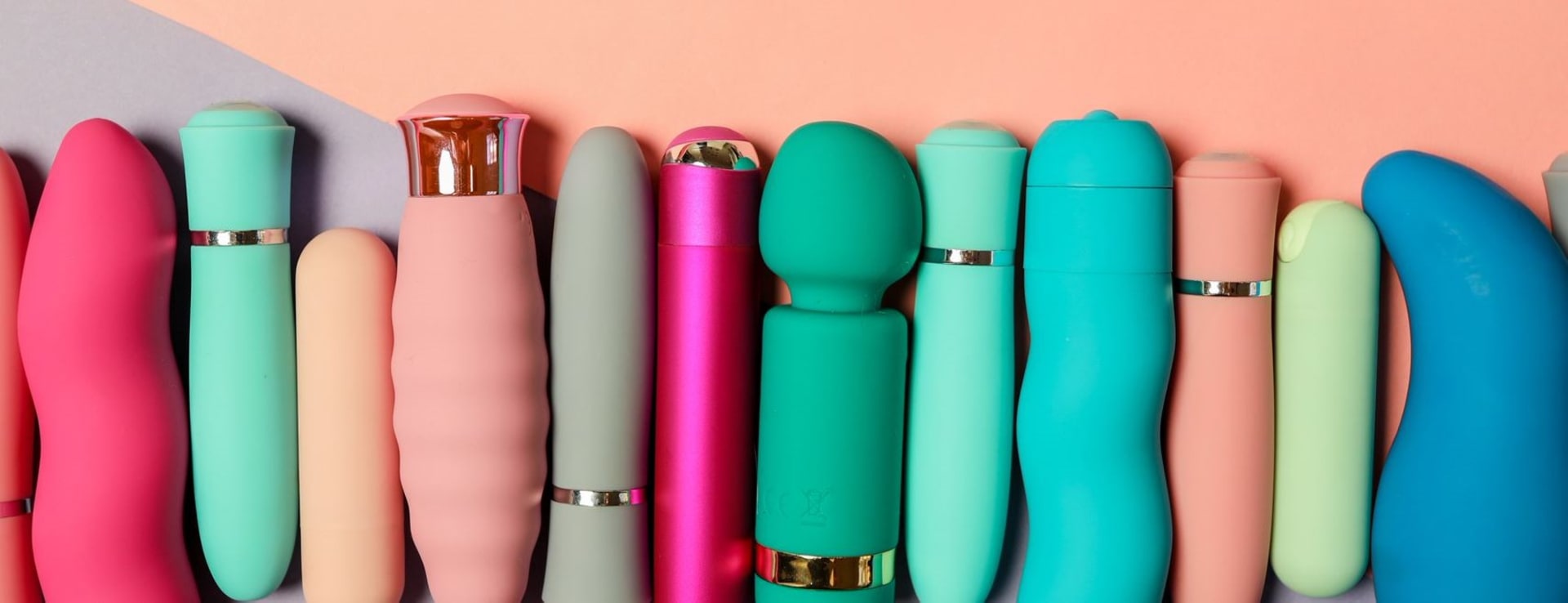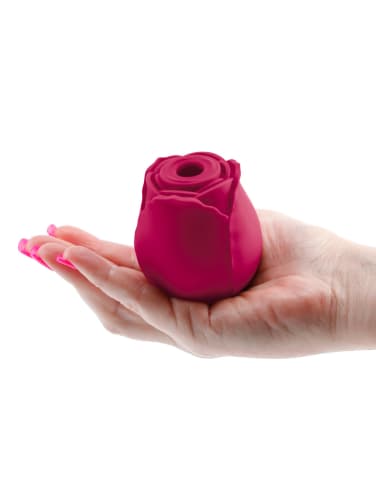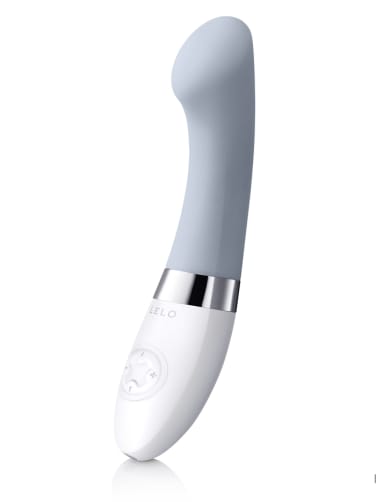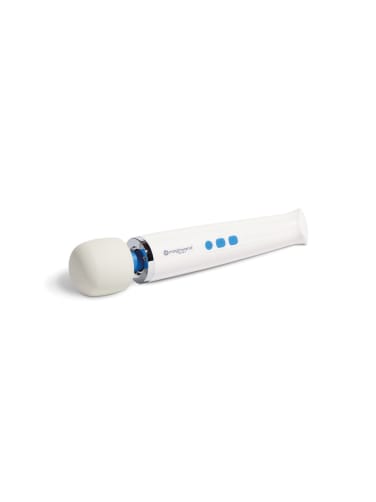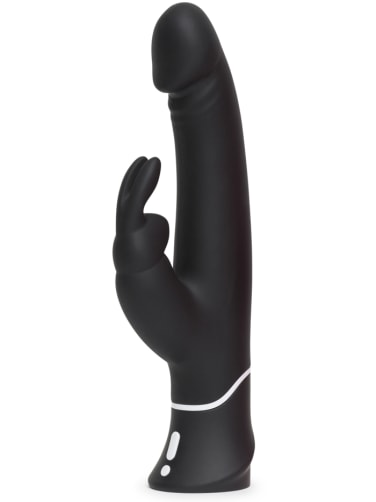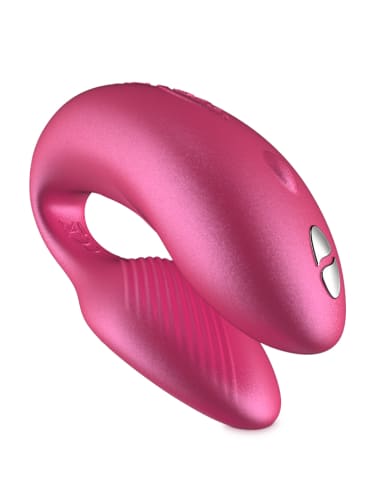Yes, Vibrators Actually *Are* Good for You
Guest post by Carol Queen PhD, Staff Sexologist at Good Vibrations
Ever since the team at Good Vibrations started National Masturbation Month in 1995 (actually, ever since Good Vibrations came to be in 1977) we’ve been telling you that masturbation is good for you. Now there’s finally been research on the effects of vibrator use—and guess what? They’re not just for fun—these toys also support your health and wellbeing. Color us not one bit surprised.
Well, surprised in maybe one respect: There’s been a real dearth of research about sexual pleasure and toys (I don’t mean there hasn’t been any, but there certainly isn’t as much as we’d like to see). But there’s been enough for MedPage Today to write up a new survey of some of the research that does exist. And just as in the early days of vibrators (when, as can you learn at Good Vibrations’ Antique Vibrator Museum, this popular invention was embraced by many in the medical field to treat a wide range of ailments, from hysteria to hemorrhoids), vibrators can help treat a variety of dysfunctions today.
You already know - because we never stop talking about it - that vibrators are great tools to explore and enjoy arousal and orgasm. But the reasons for vibrators’ superior performance in this realm—they encourage blood flow, engage and stimulate our nerves, and more—means that they’re good for more than just sexual functioning. (Not that we are minimizing that!)
The MedPage Today article cites studies that found positive associations with vibrators and genital tone and circulation; improvement when pelvic floor dysfunction has led to urine leakage and muscle weakness; lower levels of pain and increased ability to feel pleasure in those with vulvodynia (vulvar pain); lower levels of sexual distress; and, as we keep telling you, improved arousal and ability to reach orgasm.
And, of course, vibrators’ well-known side gig—relaxation—supports all these outcomes as well.
Alexandra Dubinskaya, MD (based at Cedars-Sinai in LA) and a group of her colleagues surveyed the medical literature that assesses vibrators and found 21 studies to survey in depth. Now that this phase of their research is complete, they are enrolling people in a clinical trial to seek more information about vibrators’ value in treating sexual dysfunction. More knowledge awaits!
If I were the kind of doctor that writes prescriptions, I’d write one for you now. It’s not too late to Celebrate National Masturbation Month, you know—consider kicking back for some healthful vibes with your favorite wellness device.
Carol Queen, PhD, is the Staff Sexologist for Good Vibrations, curator of the Antique Vibrator Museum, activist, author, editor, sociologist, and all-around badass of sex-positivity. Check out what she’s up to next at https://carolqueen.com/
Post inspired by MedPageToday’s May 2022 Post “Good Vibrations: The Transition From Sex Toy to Medical Device”
